How is the herd bound horse, or buddy sour horse, approached and dealt with? I have seen many of the traditional approaches. Isolation, trailering them away, walking them because you cannot ride them away from their friend successfully, etc. I have seen various measures of success in these ideas, some have worked in mild cases, but in the more desperately attached horses I have also seen violent outbursts that put everyone nearby in danger. For some it is like a switch is flipped and they lose their mind in an attempt to be reunited with their pasture mate(s).
Approaching the issue from another angle however, one will find that the herd bound horse is merely insecure going it solo. It is less about that particular horse or herd, but rather the familiarity and trusting bond they provide. It is also evidence that the herd bound horse does not view his person in the same light of familiarity and trust or he would unquestioningly follow along with you on any adventure without batting a lash.
“Hi, my name is Horse and I'm insecure.”
Can you blame them really? I know more than a few of us equestrians would get damp palms if we were in the same situation. And yet, somehow the horse ought to magically accept this without question. Some do, and some don't.
What is the answer to solving the herd bound horse riddle then? It is about building a relationship with the herd bound horse in which he can develop familiarity, trust, a deep and unbreakable BOND. You need to become that herd in which he is bound to. This can only be done by spending time with him in an environment he feels comfortable initially. Think about the approach as you would if you wished to gain the trust of another person – a deeply distrustful person.. You don't ask them to go on a hike through the woods when you first meet!
The herd bound horse will also tell you when that relationship has been built – he will not question leaving his other herd-mates because, afterall, you are one of them. What is the most difficult part? Overcoming the need for an immediate solution – because there isn't one. It is like most things most worth having which means it takes time, patience and practice. Why not at least enjoy the scenery, it does involve spending time with your wonderful horse (flaws and all!).
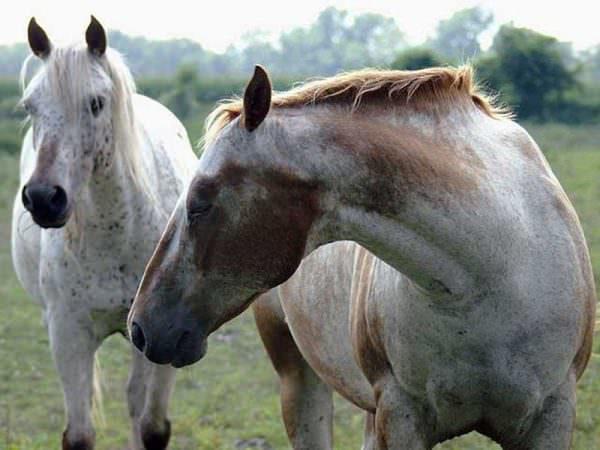
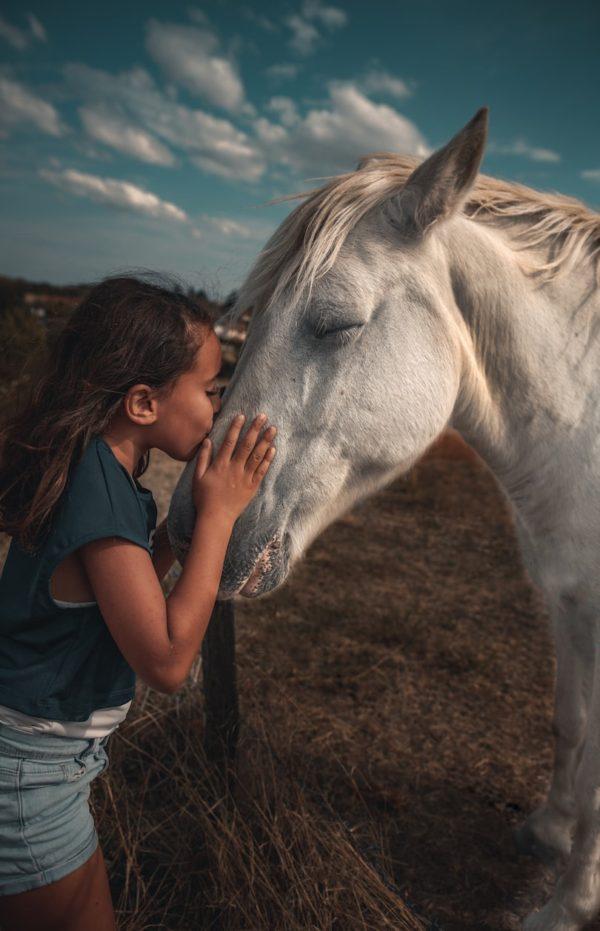
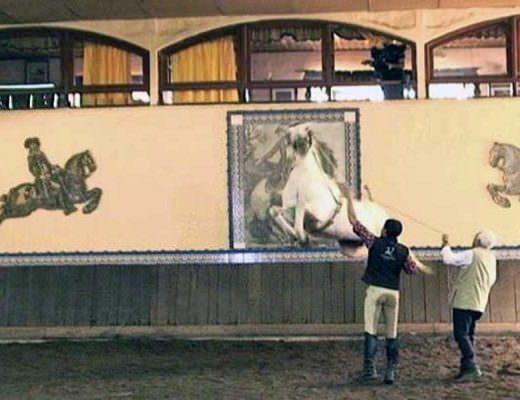
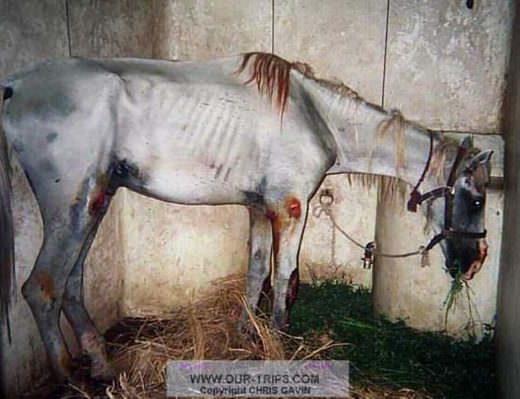

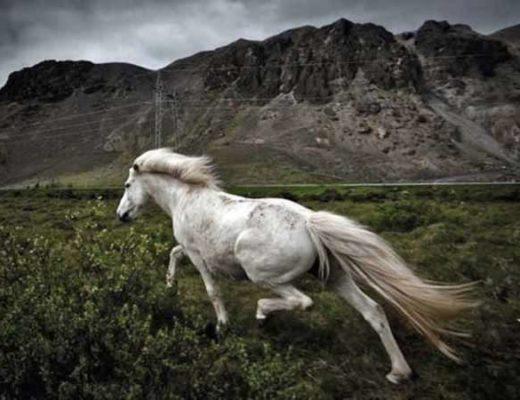
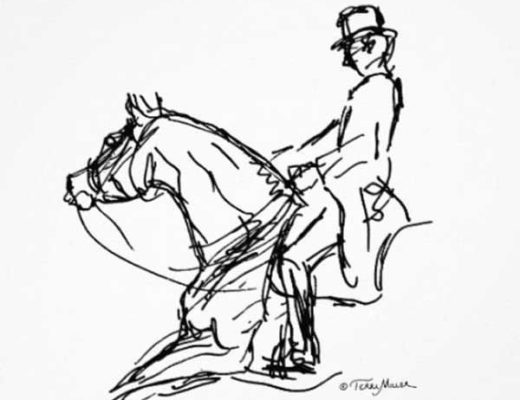
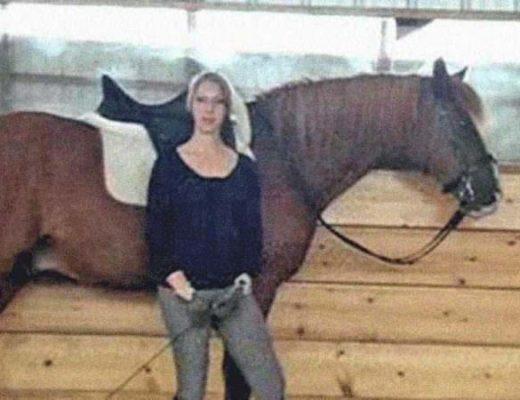
Again you have put the focus on a very important topic, which unfortunately is very often not given enough thought! I’ve been lucky with my pony, she’s never had problems with leaving the other horses. A former friend of mine had huge problems with her horse though. Wien she and her sister both went to a competition their horses would scream and kick and go bananas when the other were in the arena! My friend and her sister put all the blame on the horses, ” stupid animals!”, it never once occured to them that it might be because their horses didnt trust them…..
So much of it is an equestrian-cultural issue. Young riders are brought up by more “experienced” riders who put the blame on the horse. Even if they do take riding lessons from an instructor, many times instructors/trainers place the blame and responsibility on the horse as well and few focus on the idea that true horsemanship takes time, patience and trust-building in the process.
However, I think that if more people bring up the subject and make it a visible issue then it will eventually filter down to young riders (who are easier to influence towards becoming better equestrians) and eventually trust-building will be second nature. Here’s to hoping!